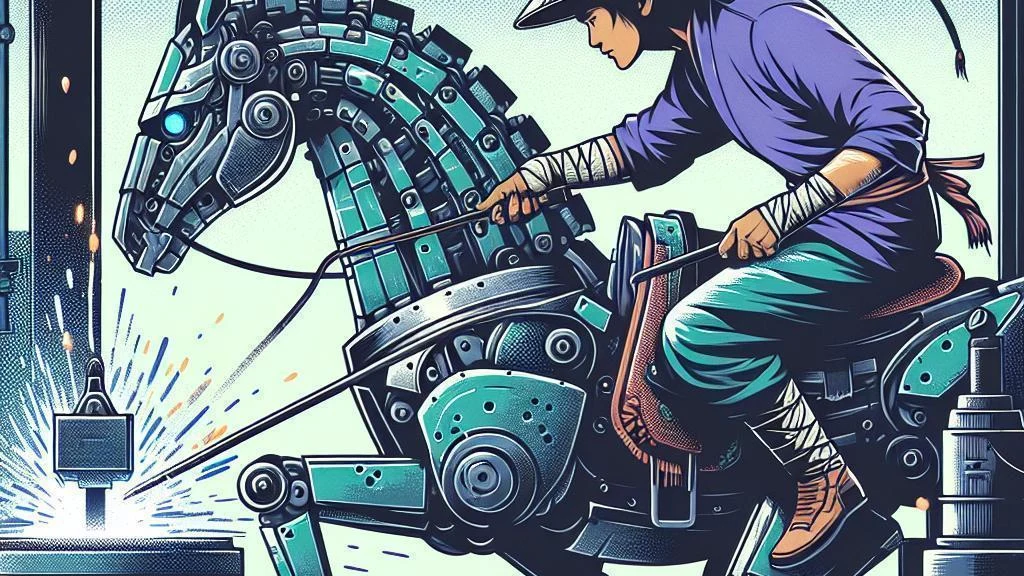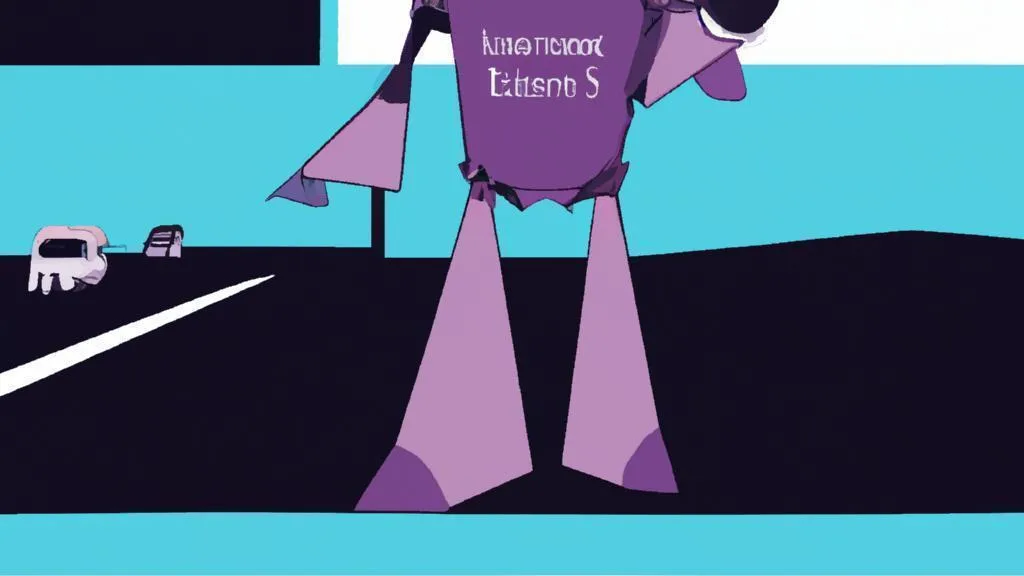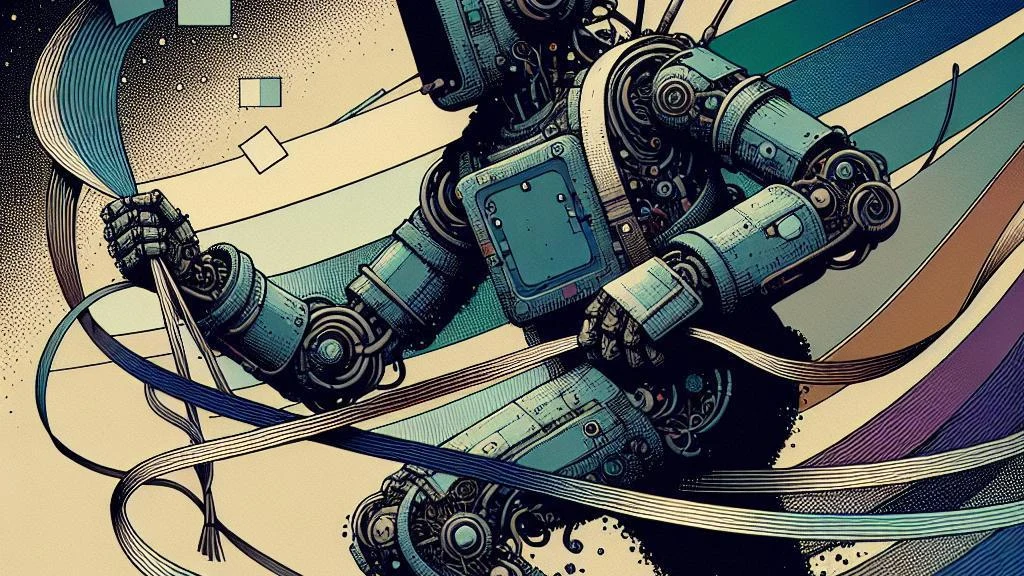Boost Your Business: Lead Generation with AI Simplified!
Gone are the days of manual lead generation. With the rise of artificial intelligence (AI), …

We live in an age dominated by paid subscriptions for software and online services. As our digital needs grow more complex, we increasingly rely on monthly fees to access the required tools. But an exciting shift is afoot. AI has reached a level of sophistication that can empower non-coders to become tool builders.
In this piece, I'll share my experience leveraging AI to create custom solutions without knowing how to code. You'll learn why this marks a seismic shift in how online tools are built and accessed. Most intriguingly, I'll reveal how this transformation could disrupt the subscription model that currently pervades the industry.

I'm not a coder. I don't have a CS degree. But I've worked around developers and digital products for years. This exposure gave me just enough foundational knowledge to envision tools I wished existed. What I lacked was the coding chops to bring those ideas to life.
That was until I tapped into new AI capabilities.
Over a multi-week process, I provided an AI assistant with clear instructions on an online tool I wanted to build. Despite my limited coding background, I created a sophisticated, custom solution by relentlessly copying, pasting, and tweaking AI-generated code.
The result? BongoCat is a website that can write its content by pulling data from the internet. I didn't need a single coding course to make it happen.
My second tool, Chatty Bugger, tackles my need for an automated interviewing and blogging assistant. Once again, leaning on AI to fill the gaps in my skills, I built precisely what I required in just one day.
So, while proficient coders can build tools faster, my experiments revealed that even non-coders can be creators with today's AI.
My experience distils into three key learnings:

This newfound ability for non-coders to create tools signifies a pivotal technological power shift. Suddenly, virtually anyone can ideate solutions for their specific needs and bring them to life with minimal coding expertise.
For entrepreneurs, it unlocks newfound agility and autonomy. No longer beholden to investors and substantial dev teams, a few skilled individuals leveraging AI can achieve remarkable productivity and reduce time-to-market.
Enabling ordinary users to build self-serve tools calls the subscription model into question. Why pay monthly fees to software companies when you can construct precisely what you require? Instead of purchasing off-the-shelf SaaS products, we only pay for the hosting infrastructure and AI resources we need to manufacture solutions.
Make no mistake. While achieving full coding proficiency still demands extensive skill-building, this AI-powered accessibility heralds a more democratic future in technology creation. As AI capabilities expand, we morph from passive consumers of tools built by others into empowered, creative builders crafting our technical universes.
To ride this wave rather than be swept away by it, heed this advice:
For founders: Equip your team with the latest AI coder tools and reconsider how you evaluate individual output. As AI turbocharges efficiency, traditional metrics around the code volume produced will skew.
For end users: Proactively experiment with language models like GPT-4. Ask it to build what you imagine needing, push boundaries, and learn through doing. Immerse yourself now before this technological shift becomes mainstream.
We stand at the leading edge of a new frontier - where CEOs can code, doctors can build medical apps, and teachers can digitize lessons. Job definitions rooted in specific technical skills face disruption.
The doors to creation are opening more comprehensively than ever, thanks to AI augmenting our human capabilities. As we raise the ceiling of what we can achieve individually, we inch closer to realizing our boldest visions.
Take heart that the possibility of shaping one's digital world, not just buying into someone else's, grows more democratic by the day, not through the acquisition of expertise but through its circumvention. AI doesn't call for traditional mastery; it demands a spark of human imagination and willingness to try what previously seemed unthinkable.
So dream big. Then tap these emerging tools to command your technical destiny. A future fueled by empowerment over credentials is dawning. Let us march forward, AI-assisted torch in hand, to illuminate all that can be when ambition and imagination are unlimited.
Some other posts you may like

Boost Your Business: Lead Generation with AI Simplified!
Gone are the days of manual lead generation. With the rise of artificial intelligence (AI), …
January 14, 2024
Read More
Can AI Own Copyright?
You're at the heart of a fascinating digital transformation, and it's time we had a …
January 14, 2024
Read More